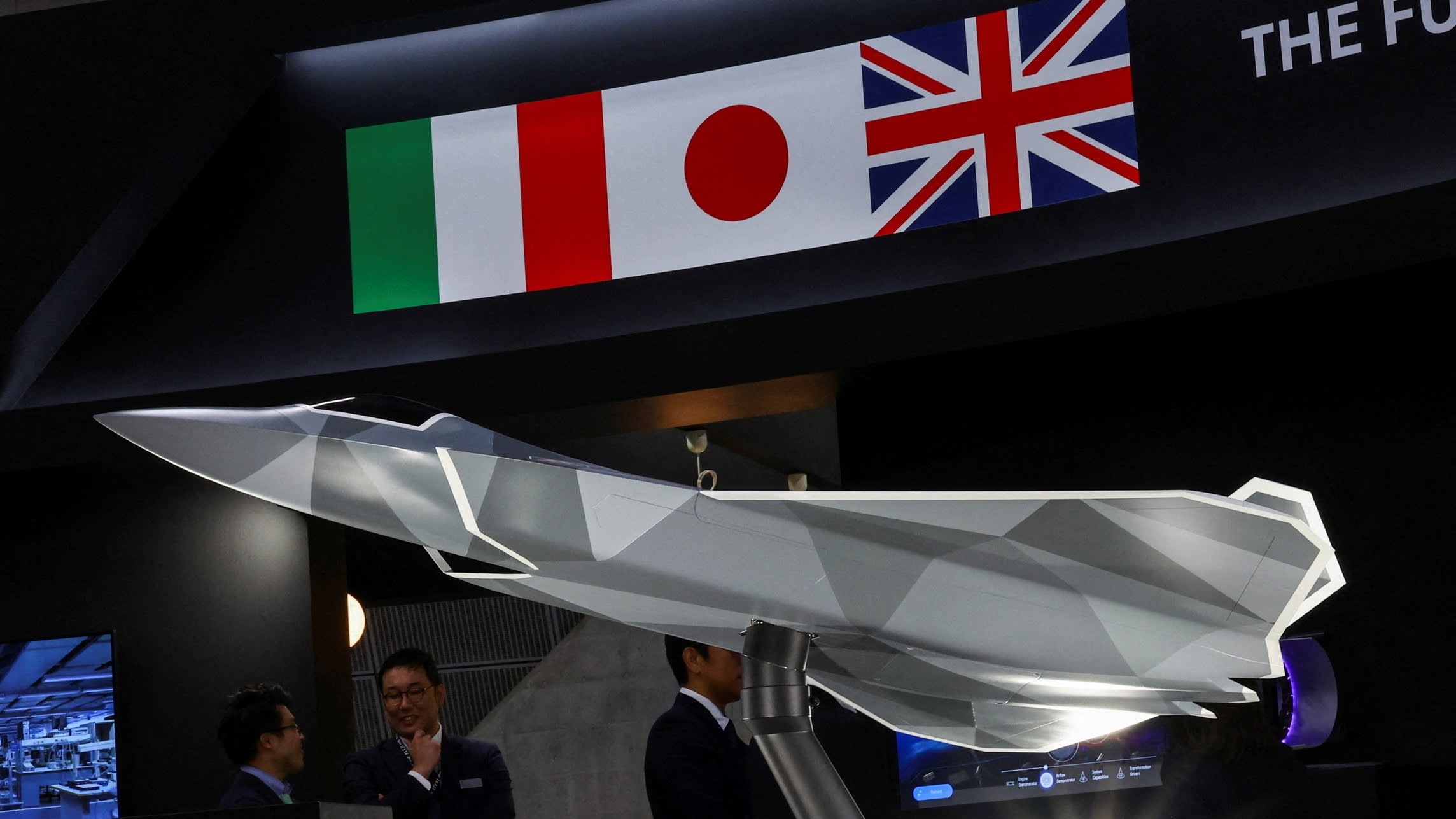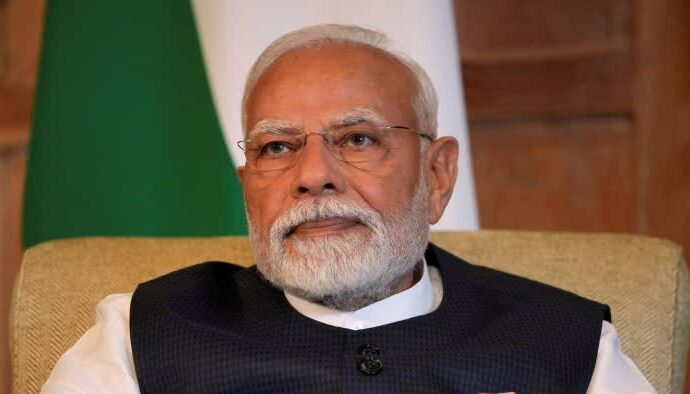
Stay informed with free updates
Simply sign up to the Aerospace & Defence myFT Digest — delivered directly to your inbox.
The European Commission has approved a deal between Britain’s BAE Systems, Italy’s Leonardo and the Japan Aircraft Industrial Enhancement Co to govern the production of a next-generation fighter jet.
The joint venture, which Brussels cleared on Monday, comes as key US allies such as Italy, the UK and Japan rethink their historical reliance on US defence equipment in light of Donald Trump’s presidency and his pullback from long-standing US security guarantees for Europe.
The project will seek to create an alternative to the US’s next-generation fighter jet programme. The existing F-35 fighter and its predecessors are a mainstay for Nato air forces, but this has prompted concern in some capitals about their over-reliance on Washington.
Brussels concluded that the deal did not raise competition concerns in the bloc.
The joint venture, which will be based in the UK, will manage the design, development and delivery of the next-generation combat aircraft under the Global Combat Air Programme.
Unveiled in 2022, GCAP aims to have aircraft flying by 2035, and is one of the most ambitious military programmes ever attempted, aimed at expanding each nation’s defence capabilities to address rising security threats from Russia and China.
The EU is actively encouraging industrial co-operation in the defence sector, for example via joint procurement through a new fund which will allow for the participation of companies from third countries such as the UK and Japan if they sign co-operation agreements.
The fighter jet project, whose final cost is not yet known, is a key part of the UK’s ambition to modernise its armed forces.
The UK government on Monday set out its defence plan for the next 10 years as part of a long-awaited strategic review. As part of the review, it will pledge to spend billions of pounds on new submarines, long-range weapons and ammunition.
Prime Minister Sir Keir Starmer earlier on Monday said the UK needed to modernise and strengthen its armed forces rapidly to deter conflict, arguing the UK “cannot ignore the threat Russia poses”.
